How to Build a High-Performance Team Culture in Your Business
 In today’s competitive business environment, a company’s ability to scale and succeed often depends more on its people than on its products. A high-performance team culture isn’t just a buzzword—it's a strategic advantage. It fuels productivity, promotes collaboration, and empowers employees to deliver their best work consistently.
In today’s competitive business environment, a company’s ability to scale and succeed often depends more on its people than on its products. A high-performance team culture isn’t just a buzzword—it's a strategic advantage. It fuels productivity, promotes collaboration, and empowers employees to deliver their best work consistently.
But building that kind of culture doesn’t happen by accident. It takes intentional leadership, clear values, and consistent effort. Here’s how you can create and sustain a high-performance team culture in your organization.
1. Define and Communicate Clear Core Values
Every great team culture starts with a strong foundation. Define your company's core values and communicate them clearly and consistently. These values should guide behavior, decision-making, and performance expectations. When everyone is aligned with the same principles, collaboration and accountability become second nature.
2. Hire for Culture Fit and Potential
Skills can be taught—attitude and values often can’t. When building your team, look for candidates who not only bring expertise but also align with your company’s culture. Hiring people who thrive in collaborative, fast-paced environments will help reinforce and grow a performance-driven team.
3. Set Clear Goals and Expectations
High-performance teams know exactly what success looks like. Use goal-setting frameworks like OKRs (Objectives and Key Results) or SMART goals to ensure clarity and alignment. Clearly define roles and responsibilities to minimize confusion and maximize accountability.
4. Encourage Open Communication and Feedback
Transparency and psychological safety are essential. Create an environment where team members feel comfortable sharing ideas, raising concerns, and giving feedback without fear. Regular 1-on-1s, team check-ins, and anonymous surveys can help keep the lines of communication open.
5. Recognize and Reward Performance
Recognition fuels motivation. Whether it’s a shout-out during a meeting or a formal reward system, acknowledging hard work and achievements encourages employees to keep raising the bar. Celebrate both team and individual successes to reinforce what excellence looks like.
6. Invest in Development and Growth
A high-performance team is always learning. Provide training opportunities, mentorship programs, and career development paths. When people see that the company is invested in their growth, they’re more likely to stay engaged and go the extra mile.
7. Lead by Example
Culture starts at the top. Leaders must embody the values and behaviors they expect from their team. Be transparent, hold yourself accountable, and model the type of collaboration, resilience, and drive you want to see in your team.
🚀 Final Thoughts
Building a high-performance team culture isn’t a one-time initiative—it’s an ongoing commitment. But the payoff is huge: a team that’s motivated, aligned, and capable of achieving extraordinary results.
Start small, be consistent, and remember—culture is built in every conversation, decision, and action. Make each one count.


